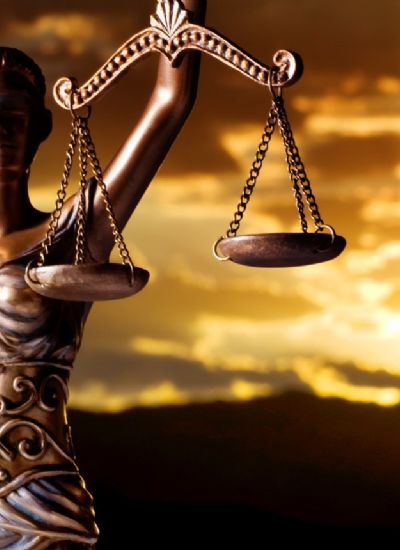What Is Needed for Elderly Guardianship?
- Guardians are also referred to as custodians, conservators or curators and are appointed by a court when it is evident that someone can't take care of himself or his finances. The person is considered the "ward." There are three kinds of guardianships: A guardian of the person (ward) has the authority over the personal decisions but that is it. A plenary guardian has authority over personal decisions, such as where the elderly person will live, and medical decisions, as well as property decisions. A guardian of the estate has authority over property decisions and that's all. The court decides which type of guardianship is needed after he has heard testimony from a doctor, who is usually a psychiatrist, and from elder law specialists who can help the judge make this determination. It is possible for the ward and his next of kin to veto the decisions of the court in some states, explains Fairness.com
- The guardianship procedure is generally started by someone who is close to the incapacitated person, such as a child. However, if there isn't a family member, and the Department of Human Resources is aware of an elderly person who is abused, neglected or exploited, the department can initiate the proceedings. The standards for appointing a guardian are strict because doing this removes most of the elderly person's rights. Protective proceedings are an attempt to find the least restrictive appointment possible while also protecting the ward and encouraging him to be as independent as possible. The court can make limited appointments. The guardian in this type of appointment is confined to doing specific duties. Temporary appointments can also be made by the court so that a transaction or execution of a document can be made.
- If you are a guardian of an elderly person you are required to report to the court regularly. Ideally, as guardian you will consult with the ward about decisions. Cutting the ward out of the decision making process is generally considered immoral. It is crucial that the guardians are monitored by the court to prevent abuse of elderly people, including theft of their assets.
- Guardianship is not the first step when it comes to elder care. In fact, it is the final measure that is taken when other options have not worked. Assuming power-of-attorney (POA) over your parent or parents or any elderly person is a less drastic measure. When you are POA you have control over certain decisions, which could include selling your parent's home or taking control of their legal and financial decisions. The type of POA that has been given to you is very specific and must be put in writing. You may have medical POA, as well.
- When the ward dies, guardianship immediately ends. Guardianship can also be
terminated if the guardian cannot or won't fulfill his duties, or if the ward's assets run out.




















